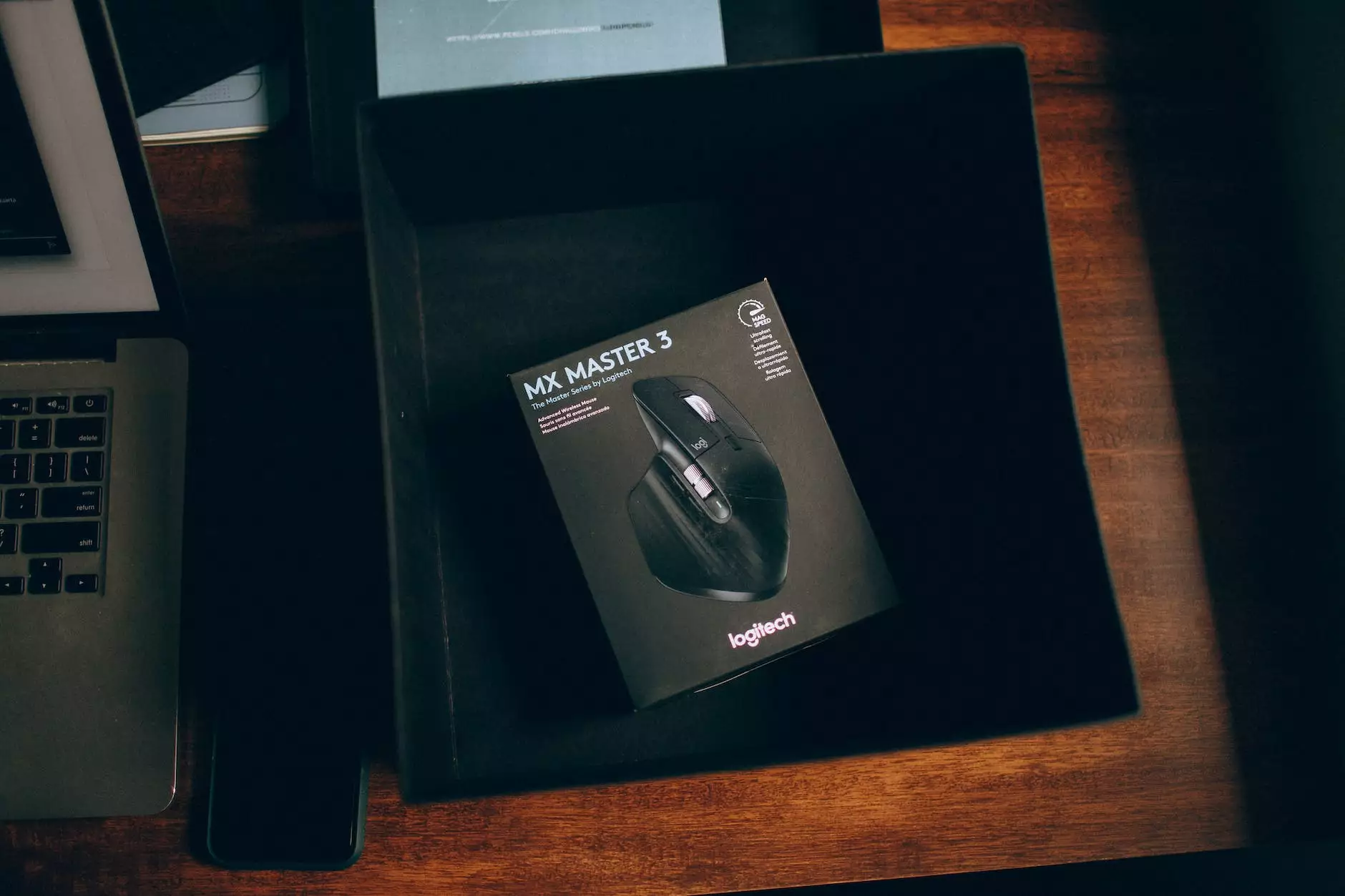Exploring the World of Tube Fittings: A Comprehensive Guide

For any industrial or mechanical application, the importance of reliable manufacturers of tube fittings cannot be overstated. Tube fittings are critical components that ensure the integrity, safety, and efficiency of piping systems across many sectors. This article delves deep into the world of tube fittings, outlining their types, applications, and choosing the right manufacturer, ultimately guiding you to make informed decisions for your projects.
What Are Tube Fittings?
Tube fittings are mechanical devices used to connect pipes and tubing to create a fluid-tight seal in fluid transfer applications. Typically made from robust materials, these fittings enable the smooth transition of liquids and gases in various industrial scenarios.
Types of Tube Fittings
Understanding the different types of tube fittings is essential for successful application. Here’s a detailed overview:
1. Single Ferrule Tube Fittings
Single ferrule fittings are designed for high-pressure applications. They have a single ferrule mechanism that creates a strong grip on the tube when tightened. They are economical and easy to install, making them suitable for a wide range of industries.
2. Double Ferrule Tube Fittings
As the name suggests, double ferrule fittings utilize two ferrules to create a more secure and leak-proof connection. These fittings are ideal for industries that demand high levels of reliability, providing excellent resistance to vibration and pressure fluctuations.
3. Forged Pipe Fittings
Manufactured from solid pieces of material, forged pipe fittings offer enhanced strength and resistance to pressure. They are often used in high-pressure and high-temperature applications, making them a reliable choice in critical industries.
4. Threaded Pipe Fittings
Threaded fittings feature male and female threads for a mechanical connection. They are commonly used in plumbing applications and can be easily disassembled for maintenance or repair. Their versatility makes them popular in many sectors.
5. Flanges
Flanges are integral to attaching pipes to other components such as pumps, valves, and other piping systems. They provide a strong connection and are critical in maintaining the structural integrity of the entire system.
6. Valves
Ball valves, check valves, and needle valves are essential for controlling fluid flow within a system. Each type of valve serves a unique purpose, and understanding these will enhance your decision-making when selecting components.
- Ball Valves: Used for quick on/off control with minimal pressure drop.
- Check Valves: Prevent backflow in piping, ensuring the fluid flows in one direction.
- Needle Valves: Provide precise flow control, often used in instrumentation applications.
- Manifold Valves: Integrate multiple lines into one setup, simplifying plumbing configurations.
Applications of Tube Fittings
Tube fittings are used across various industries, reflecting their versatility. Here are some common applications:
- Aerospace: Ensuring fluid transfer in hydraulic and fuel systems.
- Automotive: Used in coolant and power steering lines.
- Construction: Essential in plumbing and HVAC systems for building infrastructure.
- Oil and Gas: Critical for transporting fluids safely in demanding environments.
- Pharmaceutical: Used in sanitary applications to maintain purity and safety.
Benefits of High-Quality Tube Fittings
Opting for premium quality tube fittings brings several advantages that enhance system performance and reliability:
1. Durability
Quality fittings are manufactured from materials such as stainless steel or specialized alloys, offering superior resistance to corrosion, heat, and pressure.
2. Leak Prevention
High-quality manufacturers produce fittings that provide tight seals, significantly minimizing the risk of leaks, which can lead to costly downtime and damage.
3. Ease of Installation
Well-designed tube fittings are easy to install, saving time and labor costs during assembly and maintenance.
4. Enhanced Performance
By reducing pressure drops and ensuring a steady flow, quality tube fittings can improve the overall efficiency of your systems.
How to Choose the Right Manufacturer
Choosing the best manufacturers of tube fittings is vital for success. Here are key factors to consider:
1. Reputation
Research the manufacturer’s track record in the industry. Reading reviews and testimonials can provide insight into reliability and customer satisfaction.
2. Quality Standards
Ensure that the manufacturer adheres to international quality standards such as ISO or ASTM. Certifications are indicators of commitment to quality.
3. Product Range
A reputable manufacturer should offer a wide variety of products, including ferrule fittings, forged pipe fittings, flanges, and various types of valves. This variety can be beneficial when sourcing different components from one supplier.
4. Technical Support
Look for manufacturers who provide robust technical assistance and documentation to help with installation and maintenance.
Conclusion
In conclusion, selecting reliable manufacturers of tube fittings is crucial for maintaining the efficiency, safety, and reliability of your piping systems. Companies like Techtubes.in specialize in providing a comprehensive range of tube fittings, ferrule fittings, forged pipe fittings, and various types of valves, ensuring that you have access to high-quality components suitable for your specific needs.
By understanding the different types of tube fittings, their applications, and the benefits they provide, you can confidently choose the best products for your industrial requirements. Remember that a solid partnership with a reputable manufacturer can make a significant difference in the performance and longevity of your systems.









